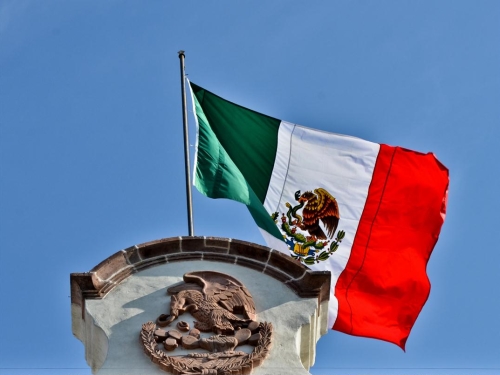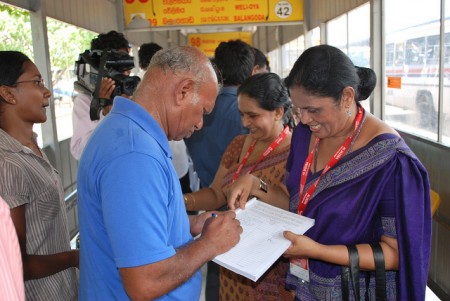
This interview transcript was originally published by the E-International Relations (E-IR) on 17 July 2016.
Stacey Philbrick Yadav is an Associate Professor of Political Science at Hobart and William Smith Colleges where she contributes to interdisciplinary programs in International Relations, Middle Eastern Studies, Developmental Studies, and Social Justice Studies. Her specialization is in the comparative politics of the Middle East. She currently serves on the board of the American Institute of Yemeni Studies, where she is involved in initiatives to link academic research to public policies. She has written widely on Yemeni and Lebanese politics over the past several years and published her book Islamists and the State: Legitimacy and Institutions in Yemen and Lebanon in 2013.
Where do you see the most significant research occurring in the political science of the Middle East?
I’m excited to see increasing attention to the intersection of the formal and the informal in analysis of Middle East politics. For a long time, it was rather “either/or,” but more recently there has been some great mapping of the ways in which informal political practices and discourses shape and are shaped by formal institutions and international agreements. The role of unprecedented mass mobilization during and after the 2011 uprisings was taken by some as evidence of the “irrelevance” of formal institutions, but on the contrary, careful scholarship on specific uprisings has shown the iterative relationship between the informal and the formal in creative and theoretically significant ways. Even before the uprisings, some scholars were doing this in critical political economy, but I see early lessons developed in that literature carried into analysis of social movements and other research traditions and it’s exciting.


